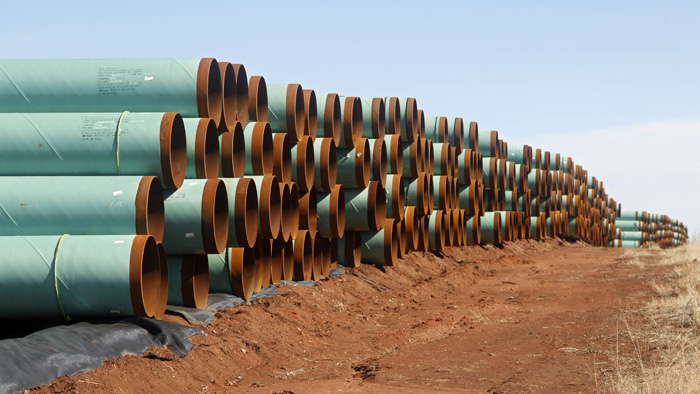Rethinking Lifestyle
Finding the Right Incentives

I find the contradictions within the Canadian energy scene these days discouraging. Below are the ones that jump out at me, but I’m sure there are many others. On the surface it seems business and government decision makers are wanting to make environmentally friendly decisions, but then one digs a little deeper and…
- Of all the provinces, Manitoba derives the greatest portion of its energy from renewable resources, specifically hydro, yet there is no policy incentive to encourage Manitobans to shift to electric vehicles or electric heating. Manitoba has a surplus of hydro generated electricity. Ontario and BC do not. Yet these two provinces, with much costlier electricity, are (or have been) subsidizing the purchase of electric vehicles.
- Alberta and Saskatchewan have significant access to non-conventional oil from oil sands and fracking. Getting this oil to market has been a challenge, and market forces have not favoured the development of a market for this oil to the point where the Alberta government has invested in the Keystone XL pipeline and the Canadian Government has invested in the Trans-Mountain pipeline (How these two investments fit ideologically with Conservative governments committed to small government, I do not understand.) The federal Liberals do not have an ideological commitment to small government, but the feds say they are committed to the Paris Accord and the reduction of Green House Gases. In spite of this commitment by the feds, the premiers of these two provinces have been able to apply sufficient pressure so the federal government has purchased the Trans-Mountain pipeline, even though the processing of this oil will greatly increased the production of GHGs. By contrast we hear nothing of federal support to Manitoba or Quebec where hydro-electric power is in surplus. Nor do we hear the premiers of these provinces asking for such support.
- The Ford Motor Company has announced that it will convert its Oakville plant to the manufacturing of electric vehicles. Fiat Chrysler has announced it will do something similar in Windsor. On the surface it seems these auto manufacturers are signalling that they want to contribute a less pouting transportation. But is that really the case? Judging by the ads I see on TV and elsewhere, these companies are intent on selling SUVs and pickups. There is the odd ad for a small, energy efficient passenger vehicle, but the thrust is tough, spacious vehicles.
In previous posts we have talked about Jevon’s principle or paradox, and the above is a manifestation of that paradox. Jevon first pointed out that as we make a process more efficient, we also make that process more attractive. For example, if we are dependent on candles for lighting, we will use what candles we have very judiciously. Incandescent lights are more efficient, so we will light much larger areas, to the point where we use much more energy for lighting. As LED lighting becomes available, we again increase the amount of lighting. Look around. You’ll see manifestation of this paradox all over the place.
So here is the point. If we truly want to pass a livable planet on to our children and grandchildren – truly comfortably livable, we will need to change our lifestyle. We will need to find ways of living that consumes less energy. True, we need to shift our energy consumption away from fossil fuel. This is a step in the right direction, but it misses the most obvious. We need to learn to prosper – to live in a fulfilling manner – even as we travel less. And we don’t need a 1,000 kg private vehicle to transport us whenever we travel between two points.




